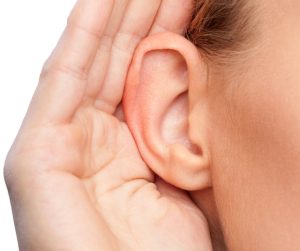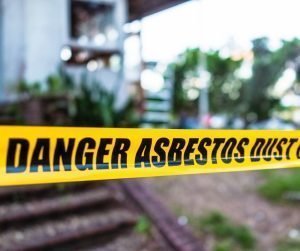What causes Tinnitus?
Tinnitus can be a debilitating side effect of prolonged noise exposure. It can also be a side effect of diabetes, thyroid disorders and autoimmune disease or extreme stress. Other causes of tinnitus include degeneration of hair cells in the cochlea, ear problems such as otosclerosis or Meniere’s disease. Additionally, it can be attributed to some medications.
Effects of Tinnitus
Some of the most common sounds associated with tinnitus are buzzing, ringing, whistling, roaring and humming. These sounds may be loud or quiet, constant or intermittent, and range from mildly annoying to completely life changing.
Tinnitus can be extremely debilitating in the early stages and affect a person’s ability to work or cope with normal life activities. People with tinnitus may suffer from stress, depression, mood swings, irritability, poor concentration and sleep problems. Thoughts of suicide have also been reported.

Who is most at risk of Tinnitus?
Approximately 17,000 UK workers suffer from tinnitus and other hearing conditions, as a direct result of workplace noise exposure. Any industry can be affected, but some workers are more vulnerable. A recent study by a leading pharmacy identified the workers who are most likely to be exposed to dangerously high noise levels. These include emergency service workers, police officers, nightclub staff, tree surgeons, construction workers, electricians and welders.
What can Employers do to protect Employees?
The Control of Noise at Work Regulations 2005 place a duty on employers “to prevent or reduce risks to health and safety from exposure to noise at work”. The law sets out six specific responsibilities for employers, outlined below.
- Noise Assessment. Employers should carry out a noise assessment. This should identify noisy tasks and the employees who perform them. It should also include accurate estimates of decibel levels and how these might vary daily. Sound levels of less than 80db require no action. Exposure above this level is divided into two categories: daily or weekly exposure to 80db and peak noise levels of 135db fall into the lower exposure action category; and daily or weekly exposure to 85db and peak noise levels of 137db fall into the upper exposure action category.
- Provide hearing protection. Employers must provide adequate hearing protection for employees if noise cannot be reduced to a safe level, for example high-quality earplugs or earmuffs. These need to be suitable for the specific noise type. This equipment should be well maintained, and it is important that employees know how to use it correctly. Hearing protection that reduces noise to below 70db is not advisable as this can impede communication, which presents its own safety issue.
- Reduce noise exposure. If the workplace falls into the upper exposure action category, employers must put a formal noise reduction plan in place. This may involve investing in quieter machinery, sound barriers, or dampeners to reduce noise at the source. Other solutions may include altering tasks to make them less noisy, safely speeding up tasks to limit noise exposure or reassigning tasks to reduce individual exposure. Loud equipment could also be moved away from quiet areas.
- Ensure noise limits won’t be exceeded. Implement work practice controls, for example implement noise breaks for recovery, and limit non-essential loud activities. Employees must not experience regular exposure to sounds above 87db, or one-off exposure to sounds above 140db. If these limits are exceeded, work should be ceased until noise levels can be reduced.
- Provide adequate training. Employers should educate staff on noise-induced hearing loss (NIHL) risks and the procedures for reporting any hearing concerns. Employees need to understand their duties when it comes to preventing hearing damage. Training should be provided in using and storing protective equipment correctly, reporting defects in protective equipment and reporting new instances of noise exposure.
- Conduct health surveillance. Employers are expected to monitor the hearing of all employees who are regularly exposed to the upper exposure action level of noise. This allows employers to spot signs of hearing damage at the early stage and ensure noise control measures are working. Employers should share the results with employees and keep a record of the findings. A doctor should be brought in if hearing damage is identified.
Management of Tinnitus
Although there is no cure for tinnitus, those suffering with tinnitus can learn to manage their symptoms to the point where they are no longer a problem and continue to lead full and productive lives.
Because stress can worsen tinnitus, it is crucial for employers to offer programs to help employees manage stress levels.
Employees can take steps to reduce their stress levels by using relaxation techniques. Think positively – feeling negative and angry can aggravate the problem.
To reach habituation when it comes to tinnitus, those suffering should try think of it as being non-threatening.












